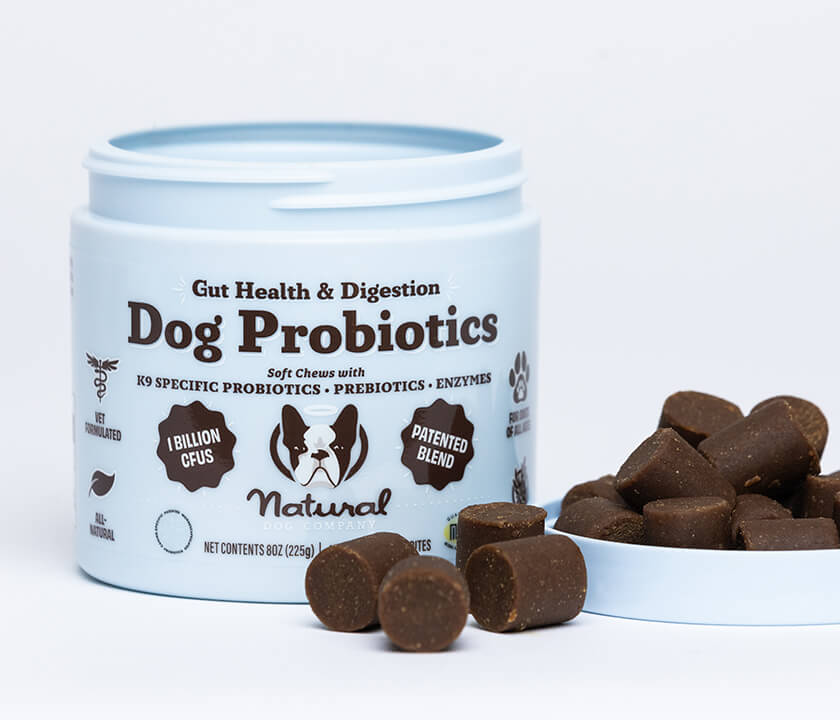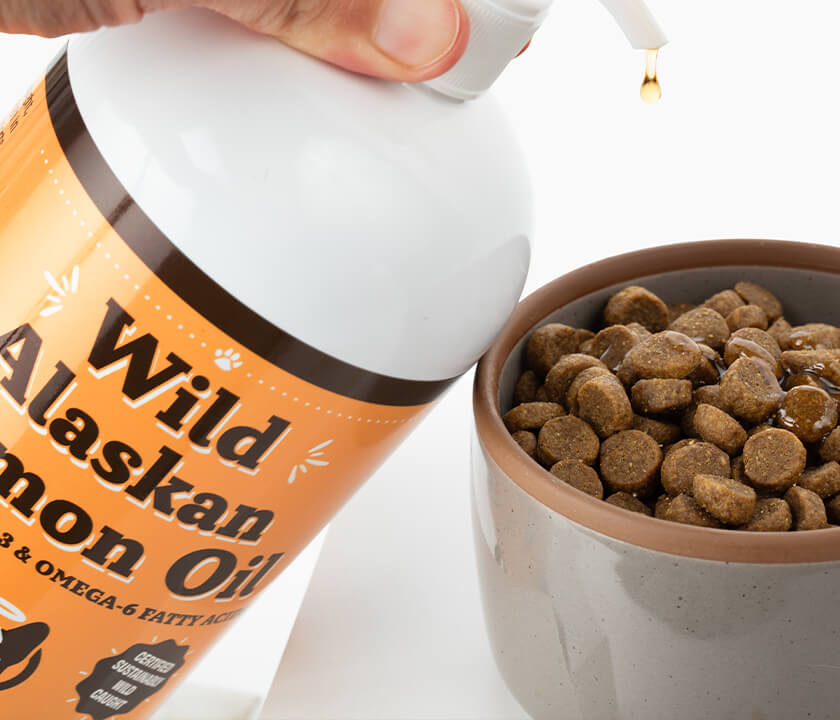When you brought your dog home for the first time, you probably expected to address common things like fleas, ticks, and potty accidents. You likely didn’t foresee one of the biggest concerns of pet ownership: anxiety. Though it’s often overlooked, this is one canine condition that affects almost all dogs. In fact, a recent study showed that 72.5 percent of dogs show signs of anxiety, with the most common triggers being noise sensitivity, fear of surfaces and heights, and separation from family members.
Dealing with a stressed-out dog can be traumatic for both you and your four-legged family member. It’s upsetting for owners to see their pets in a state of fear, and, in extreme cases, it can prohibit you from going about your day-to-day life. Luckily, there are some ways to help support your pup, so they feel as safe and comfortable as possible.
Tips for Calming an Anxious Dog
From occasional triggers like the vacuum cleaner to unavoidable ones like tile floors, dogs are affected by many different sensations and stimuli. Though there are many causes of stress in dogs, some of the most common are car rides, meeting new people or dogs, loud noises such as fireworks or thunderstorms, or anything that can make them feel threatened or overstimulated. When they don’t feel safe, dogs will exhibit signs like hyperactivity, surface licking, excessive drinking, pacing, panting, self-biting, and destructive behaviors.
Knowing your dog’s triggers will help you develop a plan to support them that suits their specific needs. There’s no one-size-fits-all approach to supporting canine anxiety—and insight from your vet can certainly help—but the following suggestions may be just what your dog needs to help manage normal stress.
Remove or Mask Anxiety Triggers
If your pup is new to the family, it can take time to learn their triggers. The most important thing you can do in your quest toward calm is to observe what stresses your dog out and, where possible, remove those triggers from their environment. Sometimes that’s just not possible, such as with Fourth of July fireworks or noisy neighbors. In those cases, try to mask the noise with a white noise machine or calming sounds. Research shows that dogs show fewer signs of stress and anxiety when exposed to classical music, so don’t be afraid to break out the Beethoven.

Dog anxiety is surprisingly common, affecting over 72 percent of pups.
Give Them Calming Supplements
Help your dog find their inner zen with a daily dose of calming supplements for dogs. These helpful supplements are formulated with safe and natural ingredients that help take the edge off, including organic hemp seed powder, chamomile, valerian root, and melatonin. Together, these ingredients may reduce hyperactivity and promote relaxation. It’s best to give your dog a dose of calming supplements as part of their daily regimen, rather than only as needed—this can help to maintain calmness, even when triggers are unexpected.
Discover All Our Natural Dog Supplements
Maintain a Calm Composure Yourself
There’s a theory that says many dogs look like their owners, but did you know many dogs act like their owners, too? In fact, one study showed that more relaxed owners are more likely to have more relaxed dogs, while more anxious owners are more likely to have more anxious dogs. Indeed, our pets pick up what we put down, so it’s important to maintain your composure when calming a riled-up pup.

Physical touch and plenty of petting can help comfort a dog who’s experiencing signs of stress.
Give Lots of Physical Attention
Just like humans, dogs respond well to soothing physical contact and massage. Most likely, you’re their biggest comfort, so try to stay near your pup when they begin to show signs of stress. Make sure to provide plenty of love, gentle petting, and support when your dog is feeling overwhelmed. You may also consider giving them a calming massage. If that’s not possible, consider investing in a dog anxiety vest or wrap that applies gentle pressure and mimics the feeling of a hug to provide that soothing physical touch.
Pay Attention to and Support Side Effects
Supporting anxiety is about addressing both the physical and mental impacts of stress on your pup. In addition to addressing anxiety beforehand and in the moment, you want to make sure you’re supporting any side effects of anxiety after the fact. For example, a dog licking their paws excessively or chewing their fur due to stress can lead to hot spots and discomfort. They may also respond by excessively scratching or self-biting. Keeping the right products on hand can provide soothing care and maintain skin health for dogs that stress themselves into a state of discomfort.

When in Doubt, See the Vet
While some anxiety is par for the pet ownership course, it’s a good idea to speak to your vet about your pet’s behavior. Talking with your vet can help ensure that your pup is all-around happy, healthy, and calm so you get even more time with them.












